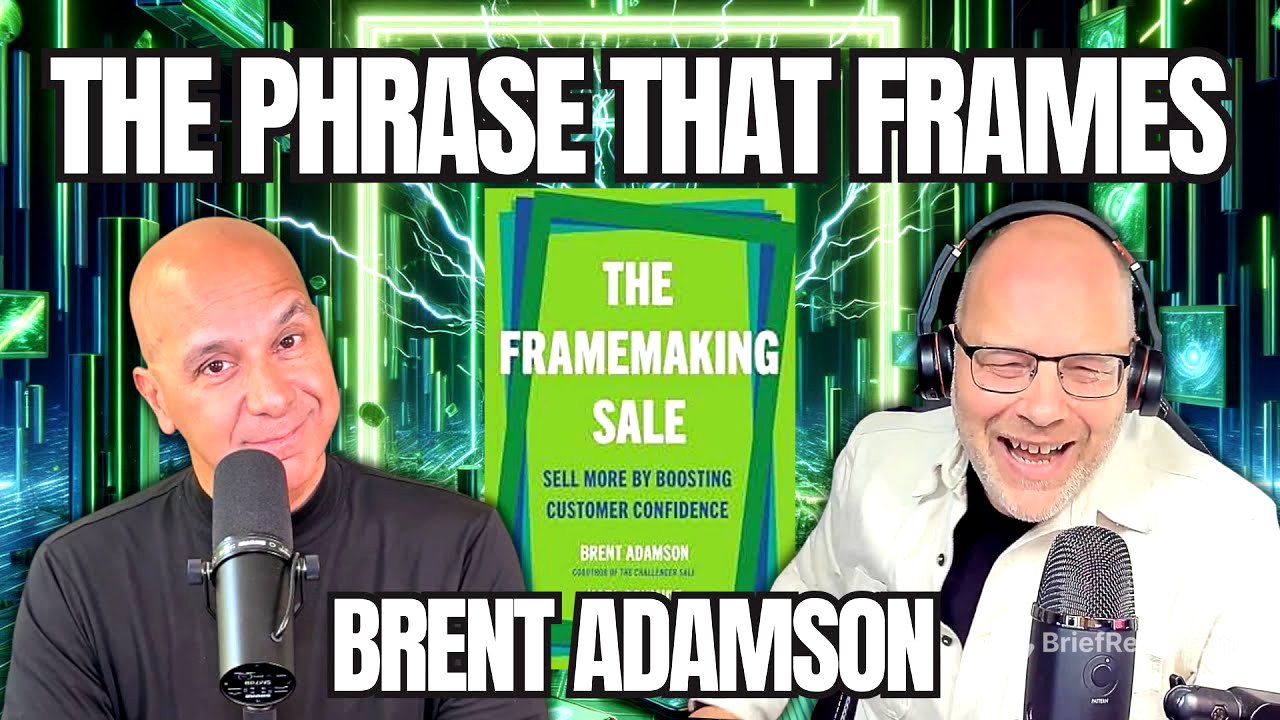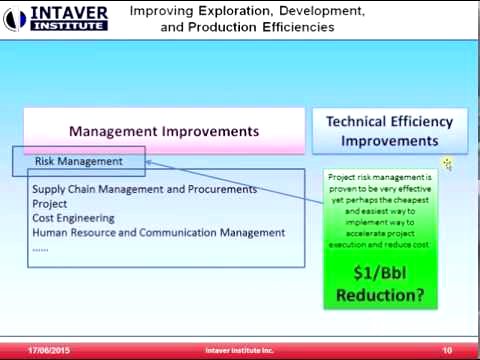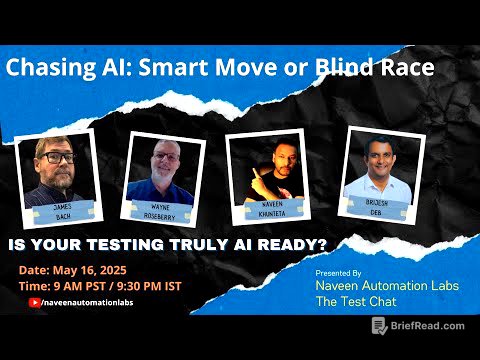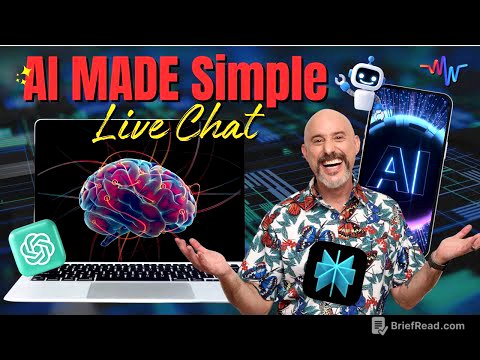TLDR;
In this episode of the Sales Influence Podcast, Victor Antonio interviews Brent Adamson, co-author of "The Challenger Sale," about his new book, "Frame Making." They discuss the evolution of sales strategies, the overwhelming amount of high-quality but often contradictory information available to buyers, and the importance of building decision confidence in customers. Adamson introduces the concept of "frame making" as a way to help customers make sense of complex decisions and feel better about themselves, rather than just focusing on the supplier's offerings. The conversation explores the shift from being customer-centric to supplier-agnostic, the role of humanity in sales in the age of AI, and the need to help customers make the best decisions for themselves, even if it means not choosing your product.
- The Challenger Sale's lasting impact and the evolution of sales strategies.
- The concept of "frame making" to build decision confidence in customers.
- The importance of humanity in sales in the age of AI.
Welcome Brent Adamson! [0:00]
Victor Antonio introduces Brent Adamson, co-author of "The Challenger Sale," expressing his excitement for their conversation. Adamson provides a brief background, mentioning his work at CEB (now Gartner) and his upcoming book, sparking anticipation for a discussion about sales strategies and insights.
Unexpected Collaboration Origin Story [4:08]
Adamson recounts the unexpected story of how Neil Rackham, author of "SPIN Selling," came to write the foreword for "The Challenger Sale." It began with the discovery of Rackham presenting the Challenger research in his workshops, which led to a meeting and a collaborative relationship. Rackham recognized the profound impact of their work, predicting its lasting relevance in the sales world.
High-Quality Buyer Content Feedback [9:41]
Adamson discusses a study conducted at CEB, revealing that a significant majority (around 90%) of B2B buyers find the information they encounter during the purchase process to be of high quality. This indicates that the current challenge is not the lack of quality information, but rather the overwhelming amount of it, which can lead to confusion and decision paralysis.
Challenger Approach: Customer-Centric Insight [10:26]
Adamson explains that the Challenger approach, which emphasizes providing customers with commercial insight, became widely adopted after 2013. CEOs began focusing on thought leadership and content marketing to differentiate themselves. However, this led to a "smartness arms race," where the abundance of high-quality content ironically made it harder for customers to make decisions.
"Navigating Conflicting Insights Effectively" [14:57]
Adamson highlights that a significant percentage of customers find the high-quality information they encounter to be contradictory. This creates confusion and makes it difficult for them to know which direction to take. He introduces the concept of "sensemaking," where sellers help customers navigate the overwhelming amount of information and focus on the questions that matter most to them.
High-Quality Purchase Drivers [18:54]
Adamson introduces the concept of a "high-quality, low-regret" purchase, where customers buy a bigger solution at a higher price point but feel good about it. The biggest driver of such purchases is the degree to which customers report a high level of confidence in the decision they are making.
Human Emotion in B2B Purchases [20:42]
Adamson emphasizes the human element in B2B purchases, noting that buyers can experience shame and regret if they make a bad decision on behalf of their company. This emotional aspect influences their future buying behavior and highlights the importance of building decision confidence.
Decision Confidence and Uncertainty [24:31]
Adamson explains that decision confidence is not about customers being confident in the supplier, but rather in themselves. He identifies key dimensions of decision confidence, such as asking the right questions and conducting sufficient research, which lack objective finish lines and are based on feeling rather than knowing.
"Feeling-Driven Business Success" [26:25]
Adamson argues that the primary engagement strategy should focus on changing the way customers think about themselves, rather than just promoting the supplier's products or services. The goal is to help customers feel better about themselves and their decisions, which ultimately leads to business success.
AI-Assisted Decision Making [31:38]
Adamson shares a personal anecdote about using AI to research dog food, illustrating that even with AI's assistance, the decision-making process often requires human interaction and social proof. This highlights the opportunity for sales professionals to provide value by connecting customers with the experiences of other leaders and companies.
"Capitalizing on Human-AI Sales Moments" [33:12]
Adamson introduces the "phrase that frames," emphasizing the importance of framing information in a way that resonates with customers. He also discusses the concept of a "confidence margin," where the goal is to increase certainty and reduce anxiety for the customer.
Customer-Centric Advisory Approach [36:43]
Adamson advocates for a supplier-agnostic approach, where the focus is on helping customers make the best decisions for themselves, rather than just pushing the supplier's agenda. This involves creating a value exchange where customers feel better about themselves as a result of interacting with the seller.
Inspired Leadership: Customer-Centric Focus [40:16]
Adamson shares a quote from Brian Smith, CEO of Expedient, who emphasizes that their job is to help customers make the best decision they can in as little time as possible. This includes being willing to lose early if the customer's best decision is not to go with their company.
AI vs. Human Sales Complexity [43:00]
Adamson discusses the impact of AI on sales, noting that it is automating transactional tasks and freeing up human time for higher-value activities. He argues that the uniquely human aspect of sales is the ability to connect with customers on an emotional level and help them feel more confident in themselves.
"Differentiate by Empowering Customers" [48:25]
Adamson emphasizes that in a world where products and services are becoming increasingly commoditized, the salesperson is the ultimate differentiator. He argues that the biggest opportunity for differentiation is helping customers feel more confident in themselves.
CRM Decision Impact Concerns [49:22]
Adamson concludes by addressing the statistic that a majority of B2B buyers prefer a rep-free experience. He clarifies that while customers may prefer to avoid interacting with salespeople, they still desire human interaction and guidance. The opportunity lies in being the one seller that customers actually want to talk to, by providing value and helping them feel better about themselves.









